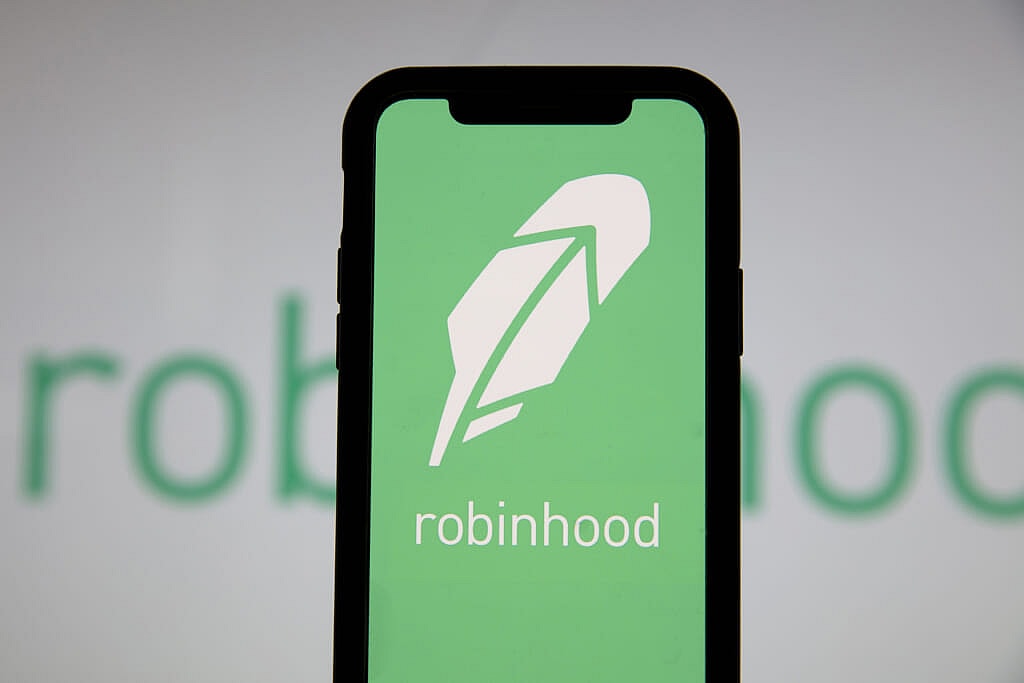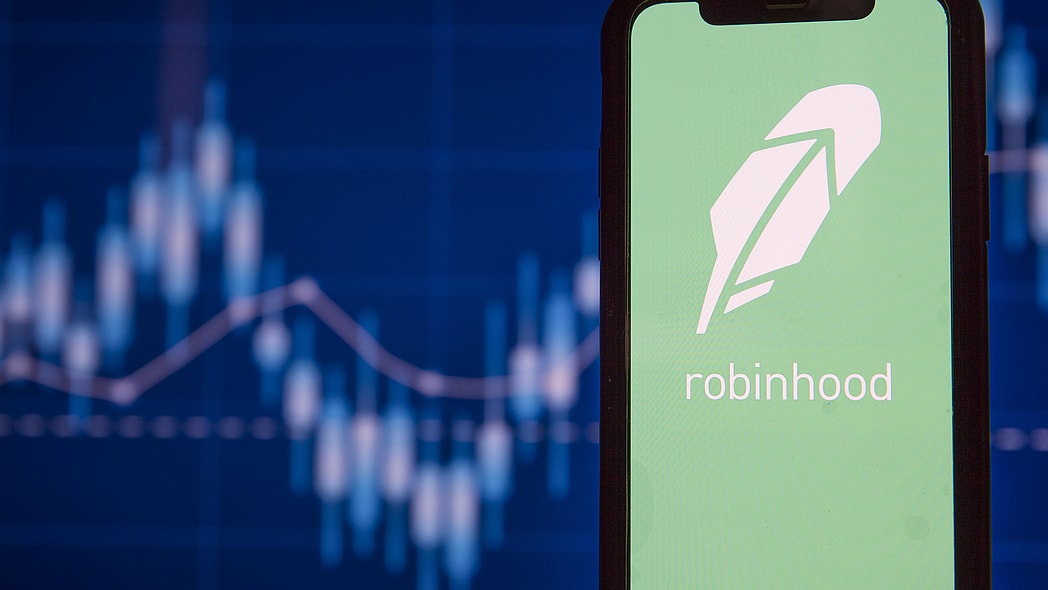As the pandemic rages on many desperate Americans are having to choose between rent and putting food on the table. Looking to do both, some are using platforms like Robinhood to invest, as it’s known to be one of the best website for stock research and purchase.
Last week, many thought they hit the jackpot, only to have their ability to buy and sell stocks like AMC and GameStop hindered by Robinhood’s brass. Despite some negative press, Robinhood won and naive investors lost.
Read More: Maxine Waters to investigate Robinhood CEO over GameStop controversy

I am a public health doctor — not an economist or financial expert — but all too often I hear cash-strapped Americans, desperate for a quick turn on their money, cite Robinhood as their way out of financial turmoil. First time investors are attracted to the platform’s easy use and commission-free trading. Plus you get a complimentary stock just for signing up.
But an argument can be made that no company preys more on low-income people than the oxymoronically named financial services company.
CEOs Vladimir Tenev and Baiju Bhatt created a platform that appeals to gullible millennial investors by toeing the line of glorified gambling and sound investment. Robinhood offers little-to-no financial literacy materials — unless, of course, you pay for their premium service — because their expertise isn’t really financial trading — it’s marketing.
Read More: Google removed 100,000 negative Robinhood reviews from upset users

According to the Wall Street Journal, 80% of Robinhood’s customer base is 26 years old or younger — with an average customer age of 33 — which calls into question whether these green investors have the knowledge, decision-making skills, or access to wealth to make high leverage decisions.
Robinhood uses Facebook’s playbook of behavioral nudges and push notifications to draw inexperienced investors into risky trading. The lucrative one-click trading and attractive features like falling confetti make the platform feel more like a game than real life. It’s not uncommon for 30-to-40 something-year-old investors, many of who are members of Black and Brown communities, to blindly invest in volatile stocks.
Robinhood, who makes the rules as they go along, can suspend trading at any time causing nerve-racked novice investors to make irrational investment decisions. In this way, the Silicon Valley startup plays the role of trader and New York Stock Exchange.
Read More: Black-owned scheduling startup Calendly valued at $3B after new investment
To be clear, Robinhood makes no qualms about making payments to a few savvy investors who net a profit — so long as the bottom line of their hedge fund investors remains intact. And even after the recent debacle following the Reddit-induced volatility of stocks like BlackBerry, AMC and GameStop, Robinhood still made out big by being in the headlines.

After all, they make their money by selling their customer data to Wall Street. Controversy drives up frantic activity on the app, and Robinhood gift wraps the information and sends it to data thirsty hedge fund czars on Wall Street. Robinhood one, customers zero.
There are enough examples of Robinhood’s predatory marketing practices and crooked financial schemes to teach a semester-long ‘How to Widen the U.S. Income Gap’ course. Rising income inequality is especially important in my line of work because it correlates directly with health disparities.
Encouraging people to gamble away their hard-earned money is not only unethical, but it’s also immoral, and should not be allowed. Income matters. Your socioeconomic status largely determines where you live, the safety of your neighborhood, access and proximity to healthcare resources and your ability to buy healthy foods.
Read More: MLK would be ‘disappointed’ by today’s poverty and income inequality, son says
In public health socioeconomic status is one of the most important determinants of good health. Those with lower socioeconomic status (SES) die earlier, have less access to quality education, and suffer from stress-related illnesses at higher rates than those with higher SES.
When income inequality is perpetuated by companies like Robinhood, it widens the gap between the rich and the poor, leaving those at the bottom rungs of the financial ladder in dire straits.

I’m not insinuating that Robinhood Inc. is out to intentionally harm investors, but they have not upheld the mission insinuated by their very name. Given their rise in popularity during the pandemic they should be more ethically responsible, held to higher standards, and made accountable for their actions.
I admit that issues like structural racism, food desserts, and targeted junk food marketing are bigger obstacles to our country’s overall health than Robinhood’s burgeoning predatory practices, but last week’s events were a glimpse of a larger problem in this country and should be viewed as a cautionary tale for what could become a much larger problem in the future. If you are interested in Robinhood, buyer beware.

Dr. Shamard Charles is an assistant professor of public health and health promotion at St. Francis College and sits on the anti-bias review board of Dot Dash/VeryWell Health. He is also host of the health podcast, Heart Over Hype. He received his medical degree from the Warren Alpert Medical School of Brown University and his Masters of Public Health from Harvard’s T.H. Chan School of Public Health. Previously, he spent three years as senior health journalist for NBC News and served as a Global Press Fellow for the United Nations Foundation. You can follow him on Instagram @askdrcharles or Twitter @DrCharles_NBC.
Have you subscribed to theGrio’s podcast “Dear Culture”? Download our newest episodes now!
TheGrio is now on Apple TV, Amazon Fire, and Roku. Download theGrio today!


